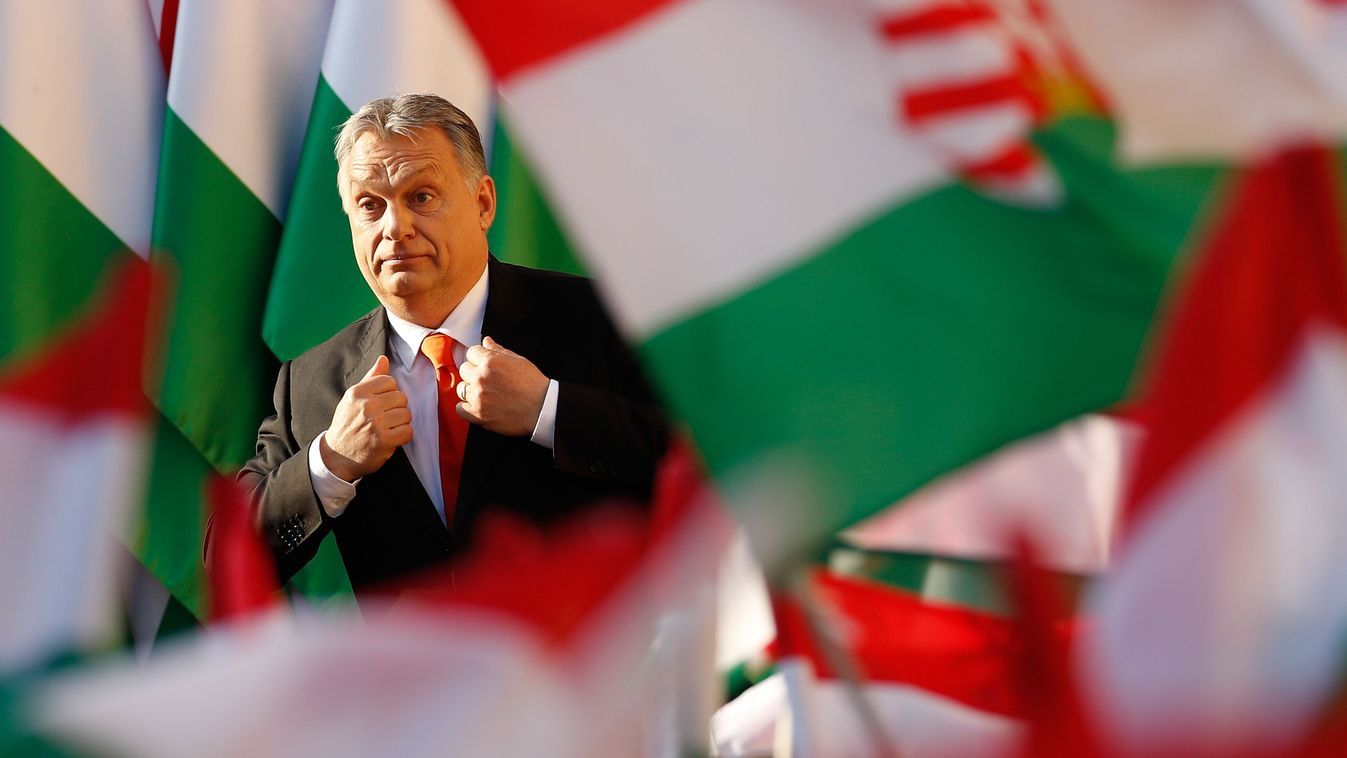The ruling parties of Hungary are confidently leading the party race, while the main opposition, Péter Magyar, has seen a sharp drop in support over the past month, according to Századvég’s December research.
The new poll shows that Fidesz-KDNP party alliance is at 40 percent, followed by the Respect and Freedom Party (Tisza) with 31 percent. Fidesz is the party of Hungarian Prime Minister Viktor Orbán.
In third place is the Hungarian Two-Tailed Dog Party (MKKP) with 7 percent, followed by the Our Homeland Movement (Mi Hazánk) has 6 percent support. In this poll, the Democratic Coalition, Momentum and the MSZP do not reach the 5 percent threshold, while the share of undecided people is 7 percent.
According to the preferences of confirmed party voters, in a parliamentary election held this Sunday, Fidesz-KDNP could count on 42 percent of the votes, and Tisza 34 percent. MKKP and Mi Hazánk would be voted for by 7 percent of the politically active, party-voting population, while the Democratic Coalition would be voted for by 5 percent. Momentum and MSZP would have 3 and 1 percent support on this basis, respectively.
The survey also addressed several political actions and scandals in recent weeks surrounding Tisza chairman Péter Magyar. Among these incidents, the politician acted aggressively towards the staff of a children’s home; pushed Tamás Menczer, a member of the ruling party, away in the heat of an argument; and — according to recently released audio recordings — disparaged his own supporters, MEPs, and members of the press.
According to research data, these scandals significantly damaged the reputation of Péter Magyar.
The popularity index of the Tisza Party president – defined as the difference between favorable and unfavorable opinions – was in the negative range throughout the entire period under review, from September to December, meaning that the proportion of those who had unfavorable opinions about the politician exceeded the proportion of those who had positive opinions.
In addition, in November, 42 percent of those surveyed had a positive and 54 percent a negative opinion of Péter Magyar, a popularity index of minus 12 percent, while in December, the number of those with a favorable opinion of the politician decreased to 39 percent and those with an unfavorable opinion increased to 57 percent, dropping his popularity index by six points to minus 18 percent.






